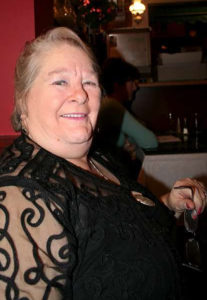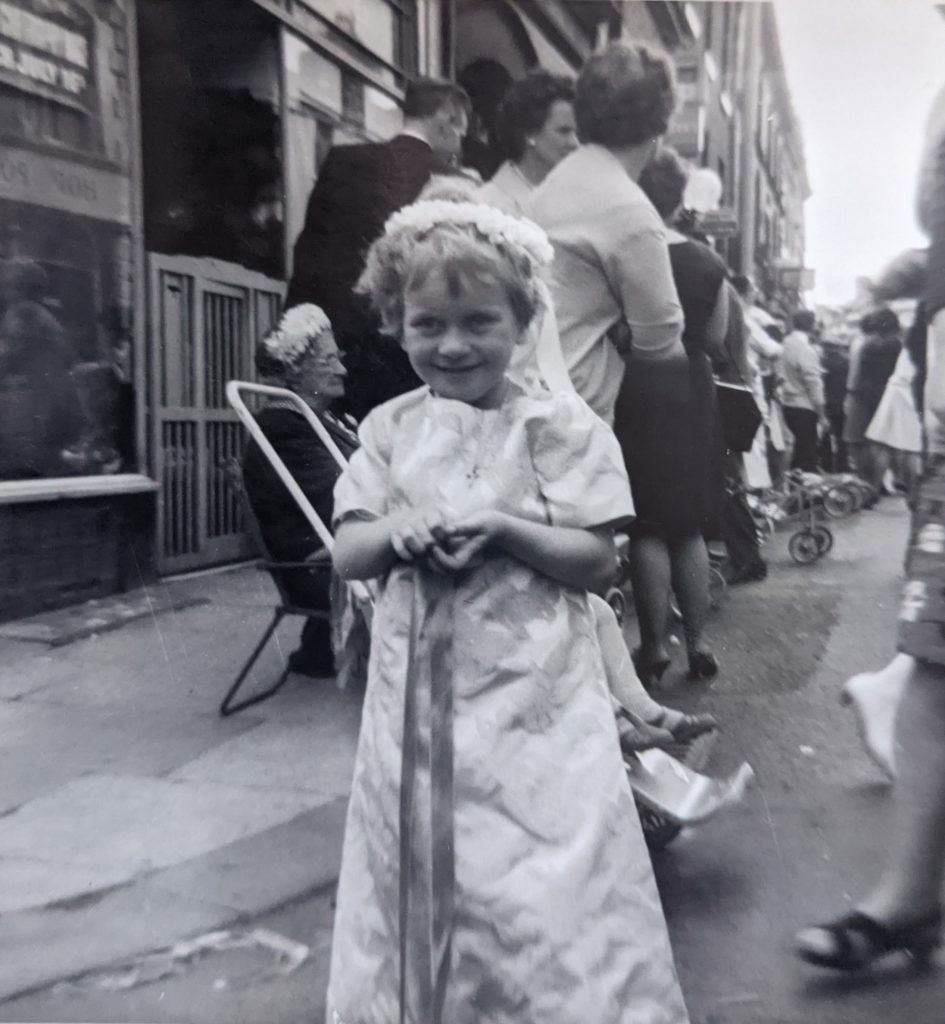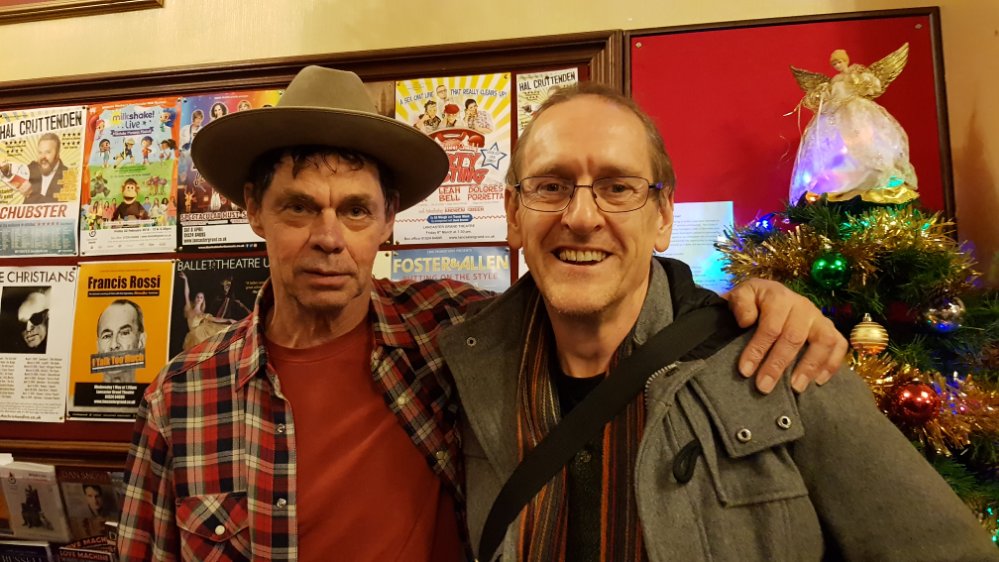The drilling had lasted considerably longer than ten hours. The compacted rock was loosely crushed together on the surface but after a few metres it became much denser. Drick had taken a sample and discovered that it was mixed with a protective resin, obviously to increase the rigidity of the outer shell. It made the structure firmer, and more resilient to pressure. With the added benefit that a denser material would confuse sensor readings and make it appear more like a solid object. It also meant there was more resistance to their efforts to carefully drill a hole.
They had taken turns in monitoring the progress of the drill and cleaning machines. But it was a mind-numbing task as there were no real actions, besides observation, for any organic operator. The machines would do their task well with no interruption so all the lifeform could do was watch the monitor readings and wait. They couldn’t risk exposure to sensors so electrical activity was kept to a minimum, which meant no extra electronic entertainment or distraction.
They could not risk too much observation of movement so they had to sit in an uncomfortable position without moving. They each took turns to sit in a tent with the drill or the survival pod, using stimulation packs for nourishment and to keep them awake. The only time the dullness was alleviated was when a stray piece of flotsam impacted on the surface within sensor range. It was infrequent and was not accompanied by any fiery streaks of an atmosphere being disturbed, just the occasional puff of dust that signalled a strike.
There was the possibility that the internal structure was pressurised, so they built an airlock system when the drill reached eight metres. This allowed them to hide the continued drilling procedures under not just the tent screen but the pressure lock. Even though their activities would be less visible from the outside they ran a greater risk from within. They took great care to go very slowly as they reached the end of the drilling. They would check air pressure before breaching the cavern inside just to ensure that they matched anything they might find.
When they were a metre from breaking through. For the final two metres Drick had used a tiny robot to dig its way ahead of the main equipment, on its passage through the rock. It operated like a worm, filling the tunnel it made behind it with the substance it bored at the front. It was attached to a micro-thin transmission cable to securely send back data.
Drick’s concern over the cavern being pressurised proved to be wise. There was a breathable atmosphere inside and it was registering as a temperature of twenty-three degrees celsius. It was warm and it was breathable. There was no artificial gravity, but the localised gravity of the fake asteroid itself was enough to allow them to stand and move around, albeit very slowly. They would be using gravity assistance harnesses to help adjust to something more comfortable for normal movement.
Drick used a very low power on the cutting plasma with an invisible flame. It allowed them to make a hole without too much disturbance. They had erected a hologram simulator and programmed it with a view taken by the worm probe of the interior of the cave. As long as no one was too close it would look just like any other part of the structure. It would mask the plasma cutting even as it broke through the surface.
From the angle they came in they would be on the side wall of the cavern. It was about sixty metres from the cavern floor, if they took the top of the ship to be the ceiling. The floor was in the darkness below them at a steep angle of descent. It was not an unmanageable slope in the very low gravity, but it was an obstacle.
The internal superstructure of scaffolding that had been revealed by the passive gravity sensors was not visible to the small probe. The cavern was dark and the probe had limited range with its camera systems. Drick had enhanced the view as much as possible and thought there might be a column nearby. It was a dimmer blackness against the background so it was hard to be absolutely certain. They had decided that on breaching the cavern the first objective would be to descend to the cavern floor and then make as best assessment as possible of the environment.






Comments